"Working with the 99%" Wins a Future Cities Prize in Venice
By Bustler Editors|
Friday, Aug 31, 2012
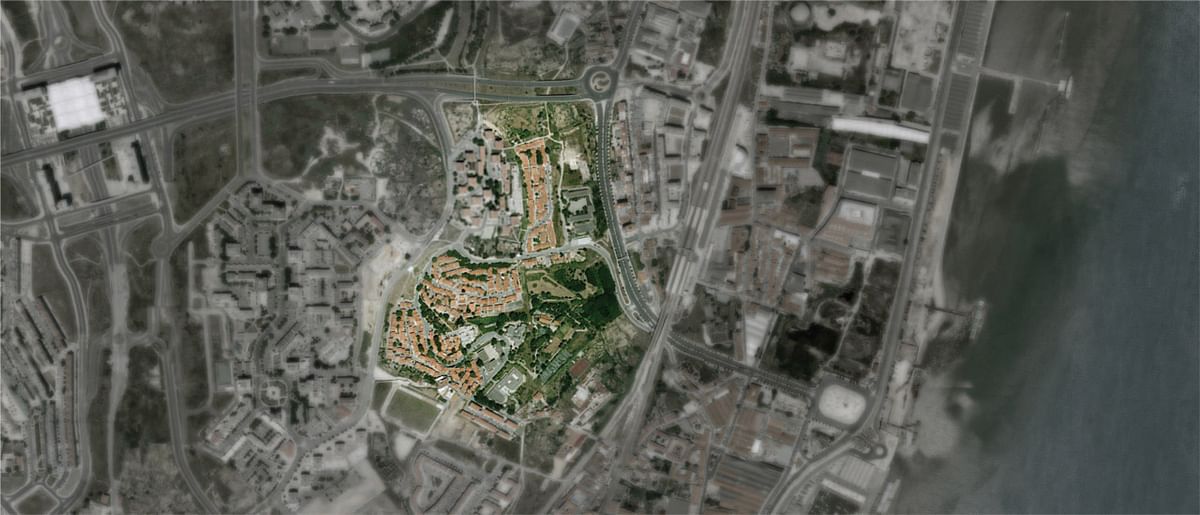
Related
Three winning projects were announced in the Future Cities, Planning for the 90 per cent competition: ateliermob (Portugal), Municipal Housing Secretariat of São Paulo (Brazil), and Interazioni Urbane (Italy). The projects are part of the exhibition Future Cities: Planning for the 90 per cent in Venice during the 13th Architecture Biennale. Ten projects were selected for the exhibition from more than 100 participants from several countries.
Portuguese practice ateliermob presents one of the three winning projects, "Working with the 99%," a case study of the progress and community work of Lisbon's self-built PRODAC neighborhood.
Working with the 99% | promo reel from ateliermob on Vimeo.
The selectors panel, comprised of Anna Detheridge, Joseph Grima, Richard Ingersoll, Fulvio Irace, and Mary Jane Jacob, praised the project in its Jury Report:
"Ateliermob, Working with the 99 per cent a participatory project in Lisbon Portugal based on a different approach which redefines the architect’s role. Ateliermob have envisaged for themselves a central function stemming from the attempt to answer a basic question: how can architects attempt to solve the many problems they see around them working for clients that do not have the money to pay for their services. The answer they found is to place themselves at the center of a process in which the architect becomes mediator, fundraiser, creating an essential link between the public administration, the financial system and the community enabling the local residents without property or rights to achieve social status and dignity."
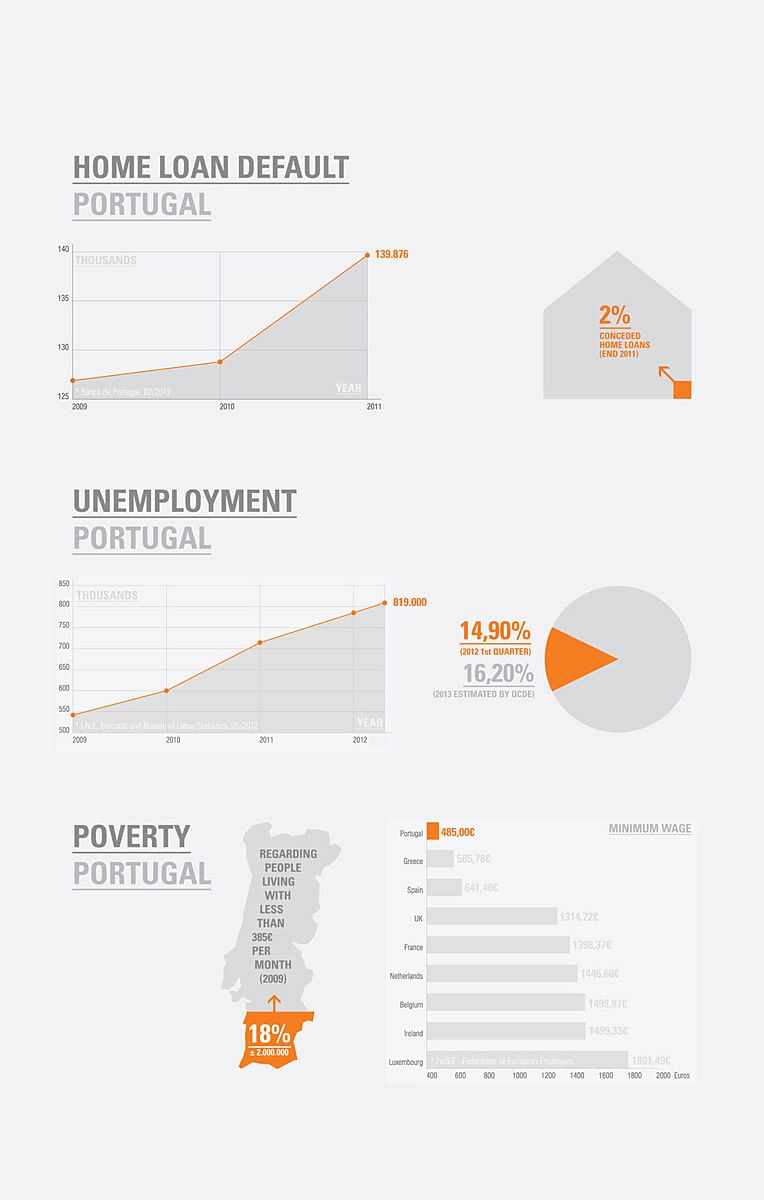
Project Description from the Architects:
WORKING WITH THE 99%
Contrary to popular belief, the Financial Crisis does not necessarily mean the decrease of architectural needs. This is particular meaningful in countries under stress such as Greece, Spain, Italy and Portugal – where we are focusing this program. Without delving into the theme it is easy to predict that, in a short period of time, government measures will lead to a drastic change in the built environment all over the country, which already started. Unemployment rates, the bubble burst of the construction market and the increasing number of abandoned buildings and ruins are taking Portugal to a significant reorganization of the real estate property.
Even though the real estate market tends to slow down, it doesn't mean that families are not moving more than ever. We may see it within families with fewer resources – although not for the best reasons.
With the housing market and the territory, as argued, in ebullition, it is careless to declare that there's no architectural work in Portugal. The problem is not the lack of work, but the means of which to pay for the work of a qualified professional. This is our starting point. Architects must play a more significant role in people's life. Architects must be seen as a tool, to improve people's living conditions.
How can architects work with people that do not have money – nor will have in the near future – to pay for our work?
That is the emerging question.
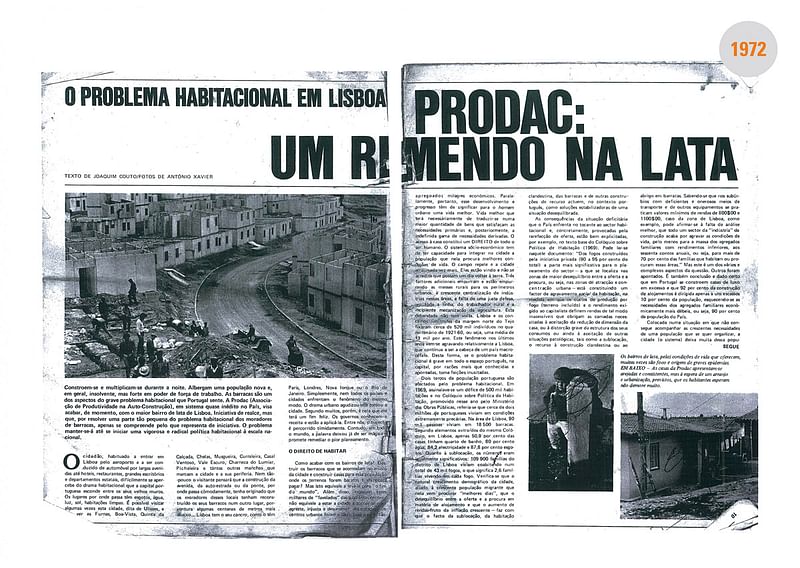
It seems that we can only succeed by placing architecture professionals at the epicentre, organizing and managing financial processes and funding. Until today, the construction process has been a relationship between three parties – owner, designers and builder –, now it most emerges a fourth party: the funder.
This is on what ateliermob has been working on. We are initialising a program of social architecture services which intends to furnish architectural services to people with low resources. To do that we are preparing applications to national/EU funding and stimulating different sponsorship networks (as crowdfund, e.g.).
Our first case study is the work we are starting at PRODAC Lisbon's neighbourhood. There are other areas to be announced.
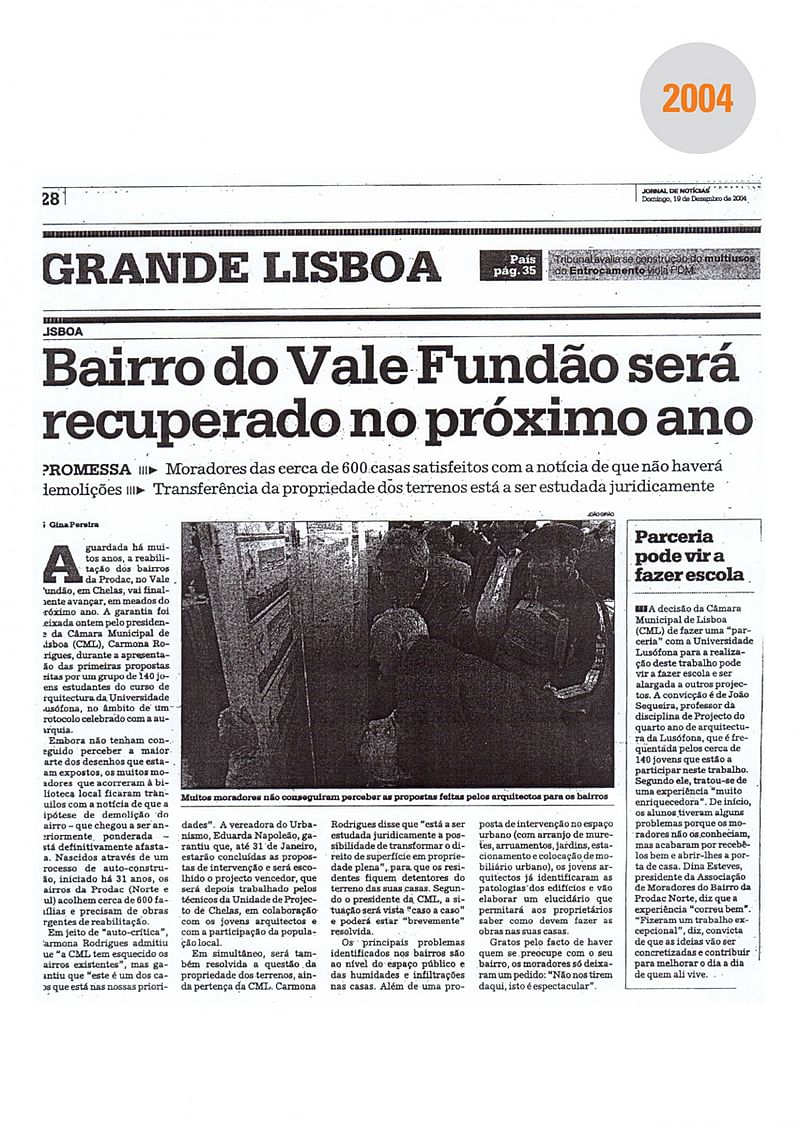
PRODAC Neighbourhood
Although being presented in the Declaration of Human Rights and the constitutional framework, in Portugal the universal right to housing is far from being achieved. In the current financial context, it is important that housing issues are fostered in to the centre of the political and architecture debate.
PRODAC neighbourhood comes from the initiative of a self-construction cooperative (PRODAC) as a solution for slum residents. In 1971, the local government ceded a land, called Vale Fundão (Deep Valley) to PRODAC, agreeing that people (more or less 600 families) from three different working class slums located around the main railway station, could construct their own houses against payment of a monthly rent for the plot. During the last four decades the inhabitants fought for the right of being recognized as legitimate owners of the houses to not depend on the moods of local government and since they had already paid more then the plot costs. Their struggle got them in to a step where they only need the architecture project to register it.
Working closely with the Residents' Association and the Municipality, ateliermob will play a role to overcome that step.

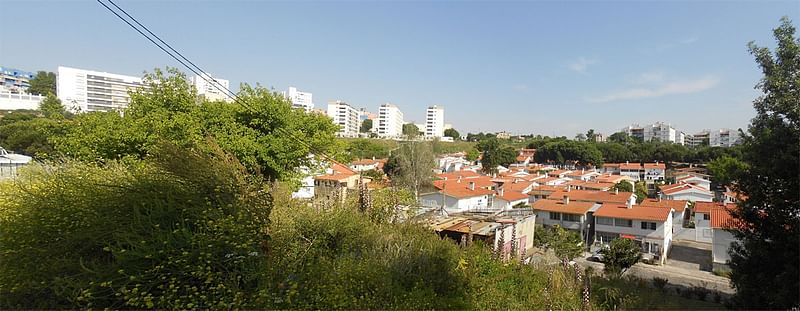

The public space is incredibly cared. Despite public authorities' absence, there is one self-organization system that takes care of the green areas, playgrounds and streets. It is like an island of small houses in between tall buildings.
In the beginning the cooperative was very restrictive on the design of the houses. They were built by men (at the time, women couldn't ask for the plot to build a house), after the daily work. Some were working on the construction industry and those were supposed to teach the others. The idea was to repeat the model: in the north area with one floor and in the south with two floors and a shared staircase for four families.

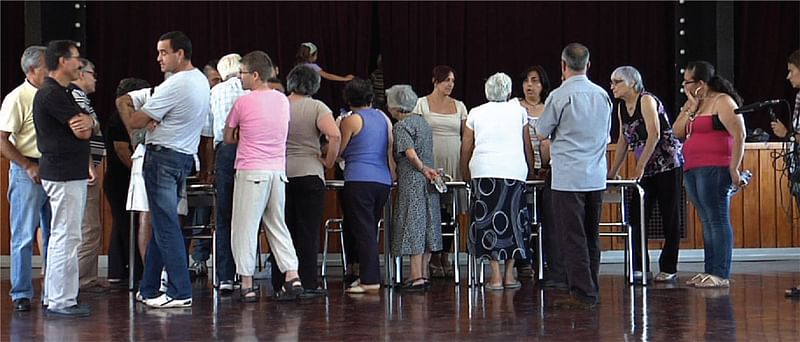
Year after year people started to improve the prototype, adapting it and externalizing its differences. Actually the main problem is the empty houses. The undefined situation of the ownership led some of the constructors to leave their houses. Some died, some moved. Those buildings are under a degradation process that urges to be stopped.
Next month, ateliermob will open a delegation in the neighbourhood. We will start the survey, identify potential risks and share our knowledge with inhabitants.

Share
0 Comments
Comment as :